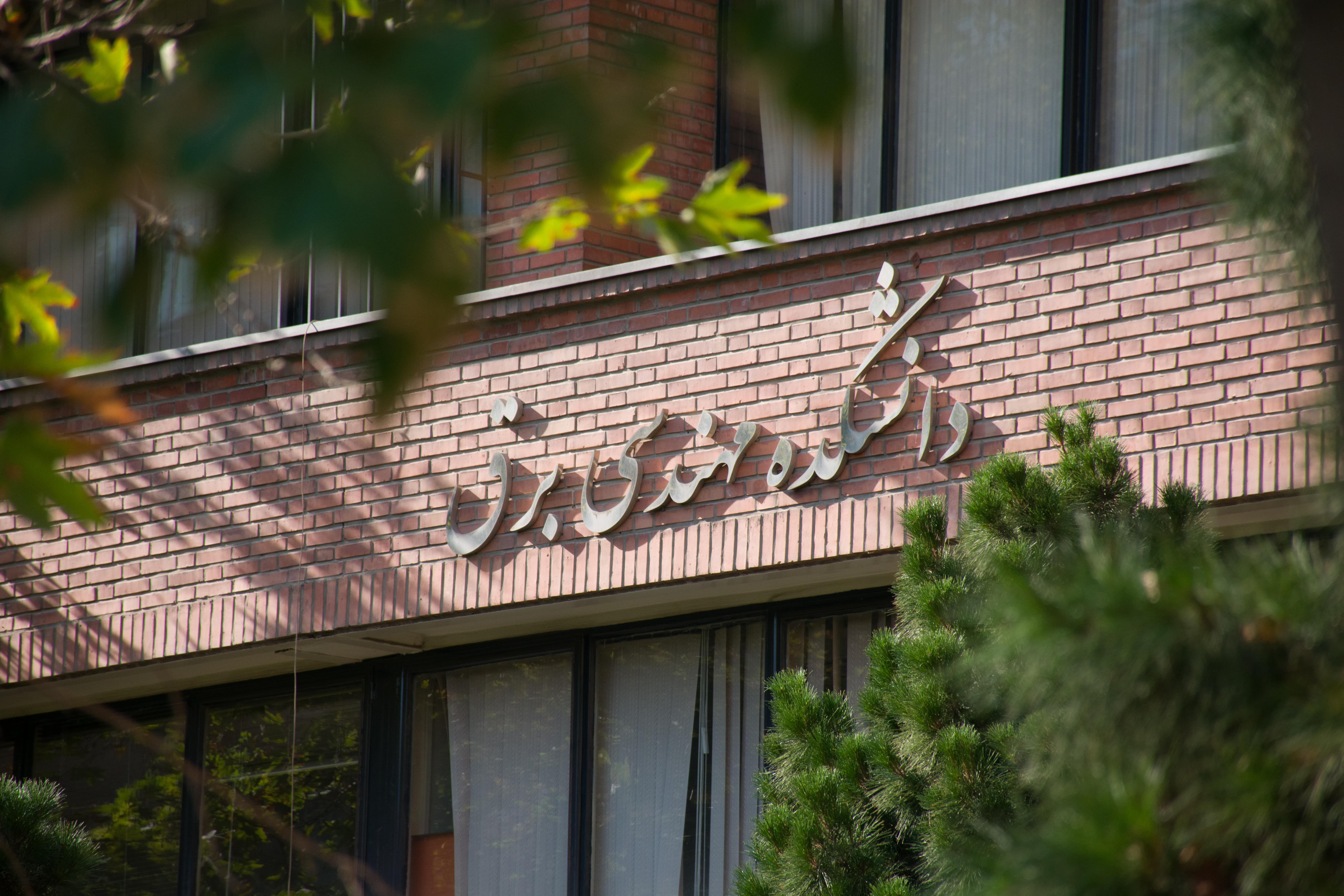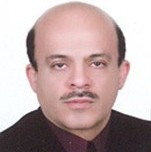Welcome to the Industry Relations Office of the Department of Electrical Engineering at Sharif University of Technology. With a history spanning over 55 years, the Electrical Engineering Department currently boasts more than 70 faculty members actively engaged in various fields and specializations within electrical engineering, including control systems, telecommunications, electronics, power systems, and biomedical engineering. The department hosts multiple research centers and cores dedicated to each of these aforementioned areas.
The primary objective of the Industry Relations Office is to enhance both the quantitative and qualitative aspects of research and technological activities carried out by the faculty members. This aligns with the broader policies and strategies set by the university’s Industry Relations Office and the Vice Presidency for Research and Technology. Establishing continuous and up-to-date communication between the department and the university’s Vice Presidency for Research and Technology is also a key goal of this office. Esteemed faculty members, industry stakeholders, and researchers can connect with the Industry Relations Office to leverage the capabilities and expertise of the Electrical Engineering Department

Industry Relations
Useful Links
Goals and Plans
- Facilitating the identification of research and technological opportunities, as well as existing gaps in high-value-added industries such as the electrical industry, telecommunications, healthcare, automotive, water, oil, and others in areas related to the research activities of the faculty.
- Creating and maintaining an up-to-date database of needs, research priorities of executive agencies, private sector, and industrial projects. This includes documenting capabilities and registered inventions by faculty members.
- Providing consultation to identify various strategies for expanding communication activities with industry and research and technological activities by faculty members. This encompasses establishing startups and knowledge-based companies, negotiating licensing and industrial contracts, technology transfer, patent registration, and consultancy projects for faculty members in industry. It also involves quantitative and qualitative development of various dimensions of industry-related activities within the faculty.
- Acting as a bridge to showcase faculty members’ capabilities to the industry on one hand, and assessing the research and development needs of the industry on the other hand. The goal is to maximize alignment between capabilities and industry requirements.
- Playing a catalytic role in enhancing communication activities with industry, research, and technological endeavors by faculty members.
- Facilitating support and backing for entrepreneurial university activities, including fostering interdisciplinary endeavors and assisting with intellectual property rights protection, business plan development, and venture capital investment.
- Assisting in the development of demand-driven research that leads to the formulation of technical knowledge, contract agreements, or the production of prototypes.
- Assisting in creating an interface loop among faculty members, inventors, entrepreneurs, researchers, and venture capitalists during the commercialization stages of research activities by faculty members.
- Assisting in harmonizing the educational and research policies of the department, the incentive system, and the promotion of faculty members based on the mission of expanding the department’s industry-related activities.
- Establishing an expert industry group to advise on suitable internship placements for students and new courses that address industry advancements due to rapid industrial progress.
- Providing guidance to new colleagues regarding how to obtain grants for equipment for young faculty members, the patent registration process, and how to establish industry connections in order to offer solutions to industry challenges.
- Organizing joint sessions between the department and industry to familiarize faculty members of the department with industry needs and presenting proposals. Screening RFPs and introducing selected proposed projects to faculty members of the department.
- Efforts to significantly enhance the presence of the faculty in addressing the fundamental challenges of the country.
Examples of Ongoing Contracts
- One of the fundamental challenges in the country is air pollution in major cities. To address this issue, a memorandum of understanding and contract were established between Sharif University of Technology and Iran Khodro Company, spearheaded by Dr. Mokhtari and Dr. Tehami. The objective is to mass-produce electric vehicles for public transportation fleets in major cities like Tehran, which are grappling with air pollution. This project has been under the management of Dr. Tehami since February 2016.
- Another pressing challenge facing the country, both currently and in the future, is water scarcity and rapid drying of lakes and wetlands. These environmental crises have led to undesirable phenomena such as dust storms across the country. Drawing from Australia’s experiences, which shares climatic similarities with Iran, one of the most effective solutions to water scarcity is the automation of main irrigation and drainage channels for agricultural purposes. Dr. Farhadi, who possesses valuable practical experience in automating irrigation channels in Australia, has been invited by Iranian authorities to visit regions in Khuzestan and Azerbaijan multiple times. He has presented seminars and proposals, resulting in the signing of contracts related to the automation of primary irrigation and drainage channels in the country.
- In the energy sector, a significant decline in the country’s oil production is a current challenge, especially considering the aging large oil fields. An effective solution to this dilemma lies in adopting smart interdisciplinary technologies. Dr. Farhadi has proposed a contract through Koopal to the National Iranian Oil Company to transfer and expand this technology in Iran.
Last Update: 2024-04-20

